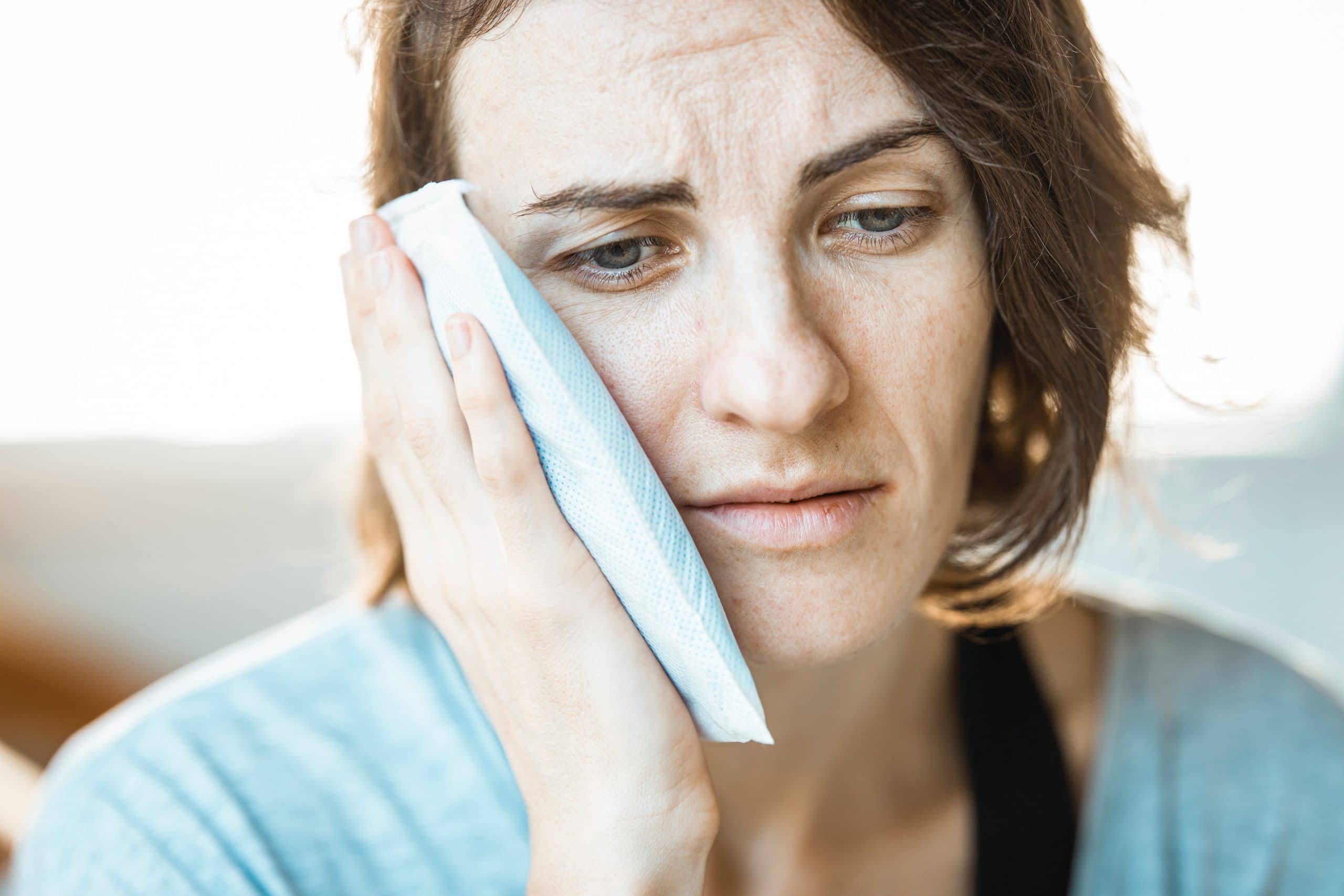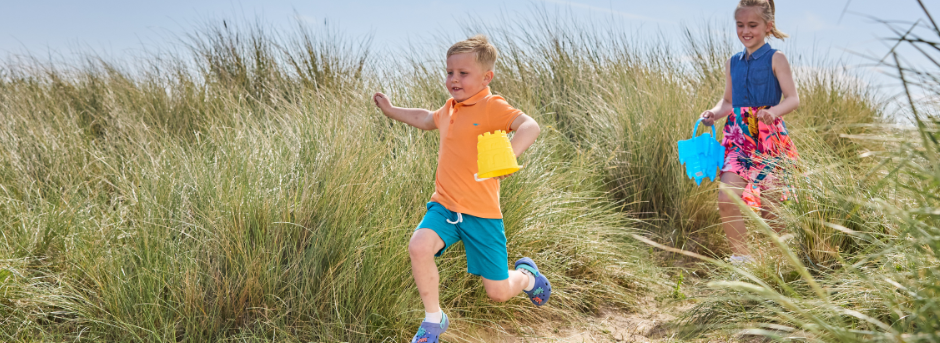Summer is here, and although the hot weather brings with it many joys, it also attracts a force of pesky bugs! Looking at beach holidays? Here’s how you can stay safe from biting bugs and insects…
Although insect bites can be a pain in the arm (or leg, or wherever else!) the majority of insect bites are harmless. With that being said, you may have to aggressively battle swarms of mosquitos, midges, and flies off from time to time, which is the last thing you want to be doing when you’re trying to enjoy a long-awaited beach holiday.
However, do keep in mind that some can cause nasty side effects and serious illnesses, which is why it’s so important to protect yourself and your family from nasty nuisances.
Here’s our ultimate guide to keeping the bugs at bay during UK summer holidays – read more, you might be surprised!
No1 beach holidays item: insect repellent

Protecting yourself from pesky beach bugs is made easy with the help of a good insect repellent. This is said to be the most effective measure as it can be used to create a physical barrier between you, sand fleas, sea lice and other insects that inhabit the beach.
Insect repellent can be used to not only keep them away but also prevent insect-borne diseases. It’s definitely worth having a bottle or two to hand when visiting the beach or heading outdoors this summer!
There are many different repellants available and the effectiveness depends on the type of repellent, its concentration, and how often it’s reapplied. According to the NHS, repellents that contain 50% DEET are most effective. And here’s a top tip.. apply your sun cream first and then apply your repellent! It’s much more effective this way.
Rethink your choice of clothing

When the sun is shining and temperatures are soaring, covering up is the last thing on your mind, but minimizing areas of exposed skin is one of the easiest ways to keep bugs bites away, while it can also help minimize exposure to the sun and the damage that comes with it! Insects are particularly active around sunrise and sunset, so don’t worry, you can get back to catching those rays in no time at all.
Did you know insects are attracted to bright clothing? If you’re not a fan of insect repellants, you may want to take the more natural approach and opt for neutral shades of clothing to avoid being the ultimate bug magnet. This way, you’ll also be able to spot any ticks or creepy crawlies that try and hitch a ride.
If you plan on visiting the beach later at night or in the evening, always carry a shawl or longer sleeved trousers and a cardigan with you. That added layer of clothing will really protect your skin from those evening time bugs.
Beach holidays don’t go hand in hand with…

Fragrances such as lavender and other floral scents can also attract bees, wasps and other unwanted insects. Be cautious of your use of toiletries, sun creams and scented body products prior to heading outdoors this summer.
Bees, wasps, and insects are also attracted to food, so ensure you cover up your food and keep your picnic and dining areas clean. Be wary of bees and wasps in particular who can sneakily enter open drink bottles and cans of sweet, fizzy drinks.
For extra protection at the beach (or anywhere really) from bugs, wasps, flies and insects, it’s always worth investing in a citronella candle or incense. The smell is a known-deterrent, but remember to be vigilant with fires on the beach or near children.
Stock up on first aid

A first aid kit may come in handy this summer to treat mild bites and remove bee stingers. Make sure you carry around some over-the-counter pain relief to minimize the suffering from those nastier bites!
Anti-histamine is a saviour during summer months, which helps reduce swelling and itchiness. It’s always worth popping a packet in your beach bag whenever you go away, as they can be used for all sorts of bites, stings, and grazes. Make sure you read the warning before and seek medical advice if your insect bite is starting to worry you.
Ultimately, it is impossible to avoid all bugs and insect bites entirely, but minimizing contact with them can do wonders in preserving both your health and sanity.
Sand fleas on beach holidays

These tiny crustaceans aren’t quite beach bugs – they’re too small to see! We call them sand fleas as their bites aren’t too far off regular flea bites (if you didn’t know, fleas are biting and stinging creatures that leave the skin itchy.)
Sand fleas are commonly found on – you guessed it – beach holidays! While they can be found in desert areas, the good news is if you pop to the Sahara this summer, sand fleas aren’t known to travel home with you on your clothes or towels.
To avoid being bitten by these annoying tics, avoid lying or sitting directly on the sand. Use a towel or a blanket to create an extra layer of protection, or better yet, source a trust deck chair.
It’s known that mozzies don’t like saltwater and waves. But they do love beaches where there’s a robust supply of fresh standing water. Always use insect repellent if you’re heading to an area like this. If you’re looking for an Insta-worthy sunset shot, keep safe by wearing long-sleeved clothes in the evening.
Classic beach holidays: the sandy sandwich

Picnic. Beach. The pair go hand-in-hand. Traditional British beach holidays are encompassed by mum’s sandwiches, crisps eaten with salty fingers, and a carton of Ribena to wash down the sand. While food is an integral part of the coastal day out, so too is the rubbish it leaves behind when it comes to attracting bugs and other unwanted creatures.
If you do take a picnic, it’s best to eat the food as soon as you can to avoid prolonged exposure of the goodies to the bugs and pests. It’s a common trope to pack more than your bellies can fill, leaving lots of leftovers for pesky peckers to pick! Try bringing only what you know you’re going to eat, and keeping all leftovers in a secure Tupperware or cool box.
When you’ve finished eating, it’s vital you dispose of your rubbish in a nearby bin. Not only to deter the pests, but to save the environment and the other beachside creatures who would prefer not to swim away in a plastic butty bag.
Wash everything down after

Some people love the feeling of sea salt in their hair and on their skin, but it’s generally best practice to shower as soon as you get off the beach. This will not only stop your skin from itching with the sea salt, but will also wash off any clingy pests from your body! Throw your swimming costumes, towels and any other hoodies you wore in the wash, to eliminate the pests from staying in your suitcases when you go home.



















